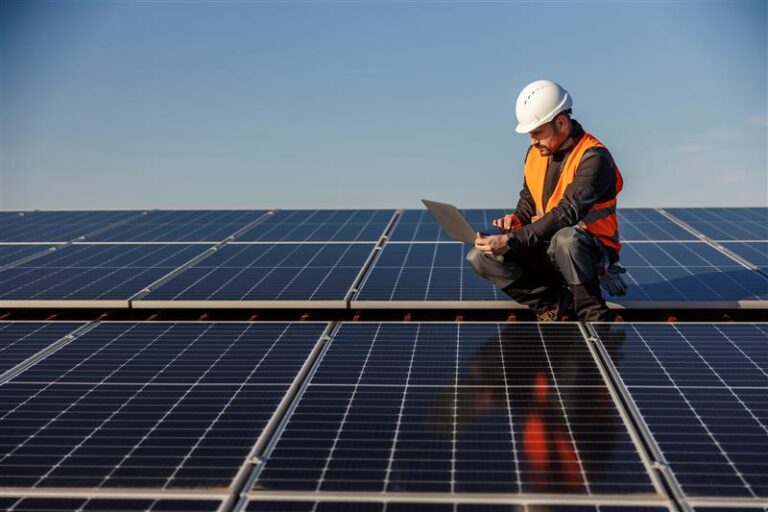As 2024 draws to a close, it is set to become the hottest year on record, with global temperatures temporarily exceeding the critical 1.5°C above pre-industrial levels. Against this backdrop, COP29 in Baku faced immense pressure to deliver impactful climate action.
Over two weeks of intense negotiations, global leaders tackled key issues, including climate finance, carbon trading frameworks and the phase-out of fossil fuels. While significant agreements were reached, the outcomes highlight ongoing challenges, particularly in bridging the gap between ambition and implementation.
If you’ve missed out on what happened, we’ve summarised three key highlights we feel are most relevant for you:
1. Climate finance
A key focus at COP29 was to meet a new agreement on climate finance – a mechanism for wealthier countries to provide financial support to developing countries for climate adaptation, mitigation, and recovery from climate-related damage.
Developing nations, disproportionately impacted by climate change, pushed for an annual commitment of $1.3 trillion. This figure reflects the scale of funding required to build resilience against climate impacts, to transition to cleaner energy systems, and to mitigate emissions in line with global climate goals.
Talks eventually led to an agreement committing to $300bn annually by 2035 in a New Collective Quantified Goal on Climate Finance (NCQG). While this commitment marks progress, it is a long way from the requested $1.3 trillion and highlights a continued gap in addressing the full financial needs of vulnerable nations. UN-Secretary-General António Guterres provided his perspective on the agreement:
2. Article 6: Carbon Markets
Negotiations advanced the implementation of Article 6 of the Paris Agreement, which governs international carbon markets.
Agreements were reached on standards for carbon credit projects, ensuring compliance with environmental and human rights protections. This ensures that the markets support genuine emissions reductions, rather than undermining global climate efforts.
Despite progress, several technical issues remain unresolved, including how credits are authorised, reviewed, and traded.
Equitable access to these markets continues to be a priority for less-advantaged countries.
3. Phasing out fossil fuels
COP29 produced a strong consensus on the need to accelerate the phase-out of unabated fossil fuels. However, specific timelines and enforcement mechanisms were not agreed upon, with nations divided over the pace and scope of the transition.
Some countries and alliances, like the Beyond Oil and Gas Alliance, pushed for more ambitious language on phasing out oil and gas but faced opposition from major fossil fuel-producing nations.
These outcomes underscore both progress and challenges as nations work to align on critical climate actions, balancing ambition with practical implementation hurdles.
To be continued…
A crucial decision on how to implement the outcomes of 2023’s Global Stocktake was deferred to COP30 in Brazil. This postponement highlights the complexities of aligning global efforts to combat escalating climate change.
COP29 demonstrated progress in areas like finance and carbon markets while underscoring persistent challenges in achieving actionable, unified global commitments. COP30 will need to address these gaps to maintain momentum.
What about now?
As the world grapples with the urgency of the climate crisis, the outcomes of COP29 highlight both progress and the significant challenges that lie ahead. From scaling up climate finance to advancing carbon markets and phasing out fossil fuels, achieving net zero will require collective action and innovation, starting now.
At Zenergi, we’re here to help organisations like yours turn ambition into action. Whether you’re looking to calculate your emissions, set achievable net zero goals or navigate the complexities of decarbonisation strategies, we’re ready to support you every step of the way.













